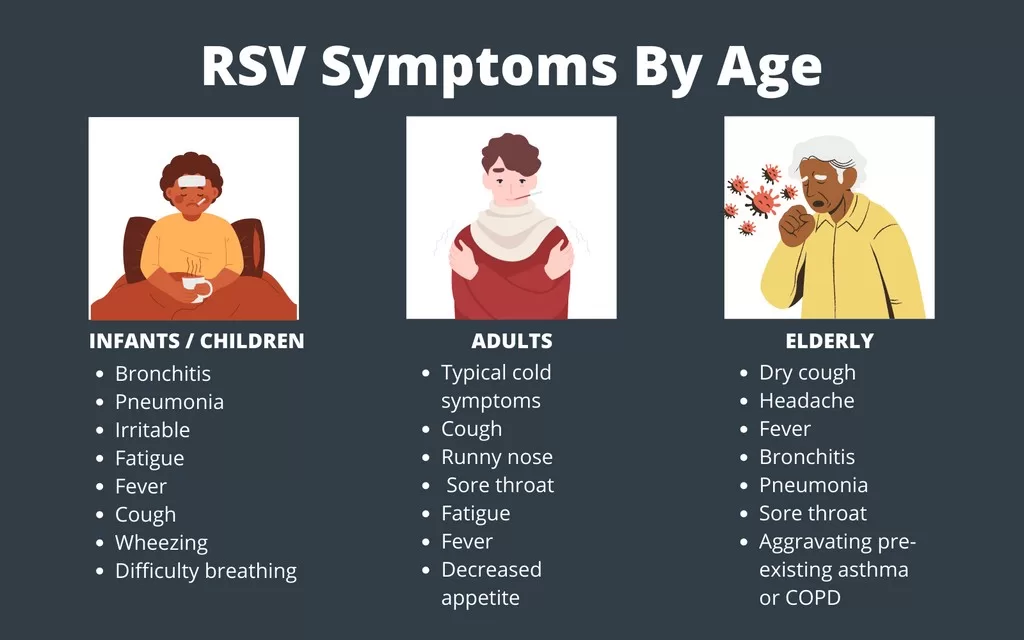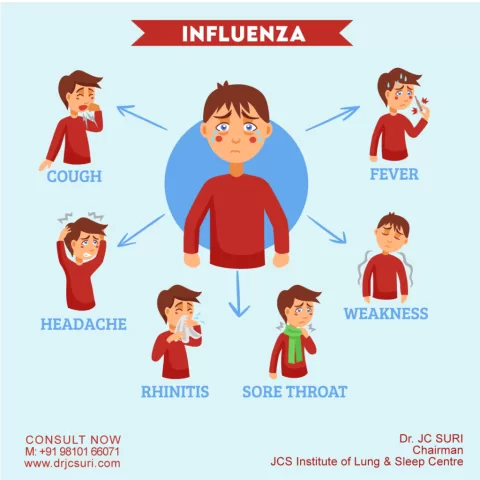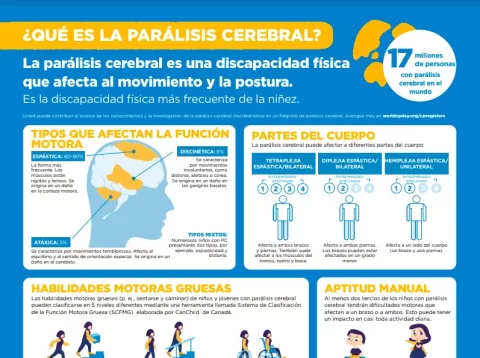RSV symptoms in adults often mimic those of a cold or flu, making it challenging to identify the infection. Adults, particularly those over 60 or with chronic conditions, are at a heightened **adult RSV risk**, experiencing symptoms like coughing, wheezing, fatigue, and sore throat. Recognizing these **RSV cough symptoms** early is crucial for effective **RSV treatment**, which typically focuses on symptom relief. Unlike common cold symptoms that tend to improve, RSV symptoms can worsen over time, necessitating proper **RSV prevention** measures. Understanding these nuances can help ensure timely medical intervention and reduce the risk of complications.
Respiratory syncytial virus (RSV) can pose serious health risks to adults, particularly those in high-risk categories. The symptoms associated with this virus often overlap with other respiratory ailments, creating confusion between them and conventional colds or influenzas. When adults present signs like persistent coughing, shortness of breath, or unusual fatigue, it’s important to discern whether it indicates a severe RSV infection rather than just a mild respiratory issue. Securing effective management, including at-home care and preventive strategies, is essential for vulnerable populations facing the threat of severe respiratory infections. Identifying and understanding these symptoms can aid in swift action against RSV.
Understanding RSV Symptoms in Adults
Respiratory Syncytial Virus (RSV) symptoms in adults largely mimic those of the common cold, making it challenging to discern between the two without careful consideration. Typical manifestations include coughing, sneezing, and congestion, often accompanied by a runny nose and general fatigue. What sets RSV apart is the possibility of more severe symptoms such as wheezing and shortness of breath, which are not typical of a cold. This highlights the importance of understanding RSV symptoms in adults, as early identification can lead to timely medical intervention.
The progression of RSV symptoms in adults is another distinguishing factor. Unlike the common cold, which tends to improve over time, RSV symptoms often worsen, leading to increased discomfort and severity. Individuals may also experience issues like chest pain and a cyanotic appearance, indicating a potential respiratory emergency. Those over 60, especially with underlying health conditions, should remain vigilant in monitoring these symptoms to prevent serious complications.
Frequently Asked Questions
What are common RSV symptoms in adults that differentiate it from a cold?
Common RSV symptoms in adults include cough, wheezing, congestion, sore throat, and fever. Unlike the common cold, RSV often leads to wheezing and worsening symptoms over time, making it crucial to recognize these signs for proper treatment.
How can I tell if my RSV symptoms in adults require medical attention?
Seek medical attention for RSV symptoms in adults if you experience wheezing, shortness of breath, bluish skin color, confusion, high fever, or chest pain. These may indicate a more serious condition requiring emergency care.
What are the RSV treatment options for adults experiencing symptoms?
While there is no definitive RSV treatment for adults, managing symptoms with fluids, over-the-counter pain relievers, and humidifiers can help. Always consult a healthcare provider for personalized advice on RSV management.
Are older adults at higher risk for severe RSV symptoms?
Yes, older adults, particularly those over 60 or with chronic medical conditions, are at higher risk for severe RSV symptoms. The immune system naturally weakens with age, increasing susceptibility to infections like RSV.
What preventive measures can reduce the risk of RSV in adults?
Vaccination is key for adults, especially those over 60. Additionally, practicing good hygiene, such as frequent handwashing and maintaining clean surfaces, can significantly reduce the risk of contracting RSV.
How does RSV cough symptoms compare to those of a common cold?
RSV cough symptoms typically involve wheezing, which is not common in cold cases. Furthermore, RSV symptoms worsen over time, whereas cold symptoms usually improve, making the distinction important for diagnosis.
Can RSV cause complications in adults, and what should I watch out for?
Yes, RSV can lead to complications such as pneumonia or bronchitis in adults. Watch for signs of severe symptoms like difficulty breathing, high fever, or chest pain that may require immediate medical attention.
What home remedies are recommended for alleviating RSV symptoms in adults?
Home remedies for alleviating RSV symptoms in adults include staying hydrated, using pain relievers, and utilizing a humidifier to ease congestion and coughing. Warm fluids, like soup, can also provide comfort.
| Key Points | Details |
|---|---|
| What is RSV? | A common virus affecting the nose, throat, and lungs, typically mild but can be serious for infants and older adults. |
| At-risk groups | Infants and adults over 60, especially those with chronic medical conditions. |
| Symptoms of RSV in adults | Coughing, sneezing, congestion, runny nose, fever, wheezing, fatigue, sore throat; severe symptoms include shortness of breath, chest pain, cyanosis, confusion, decreased appetite, earache. |
| Differentiating factors | Wheezing is more common in RSV than in cold or flu; RSV symptoms worsen over time, unlike the cold, which usually improves. |
| Protection from RSV | Vaccination for adults over 75 and some adults aged 60-74 with health issues; maintain good hygiene and improve air quality. |
| Self-care for RSV | Stay hydrated, use pain relievers, and use humidifiers or saline sprays. |
| When to see a doctor | Seek medical help for wheezing, shortness of breath, blue skin, high fever, or chest pain. |
Summary
RSV symptoms in adults can mimic those of other respiratory illnesses, making it crucial to recognize their distinct characteristics. This viral infection not only affects infants but also poses a significant risk to adults over 60, particularly those with underlying health conditions. Early identification and distinction between RSV and common colds can aid in seeking timely medical attention and implementing preventive measures. Maintain vigilance and consult healthcare professionals when experiencing severe symptoms.
The content provided on this blog (e.g., symptom descriptions, health tips, or general advice) is for informational purposes only and is not a substitute for professional medical advice, diagnosis, or treatment. Always seek the guidance of your physician or other qualified healthcare provider with any questions you may have regarding a medical condition. Never disregard professional medical advice or delay seeking it because of something you have read on this website. If you believe you may have a medical emergency, call your doctor or emergency services immediately. Reliance on any information provided by this blog is solely at your own risk.







